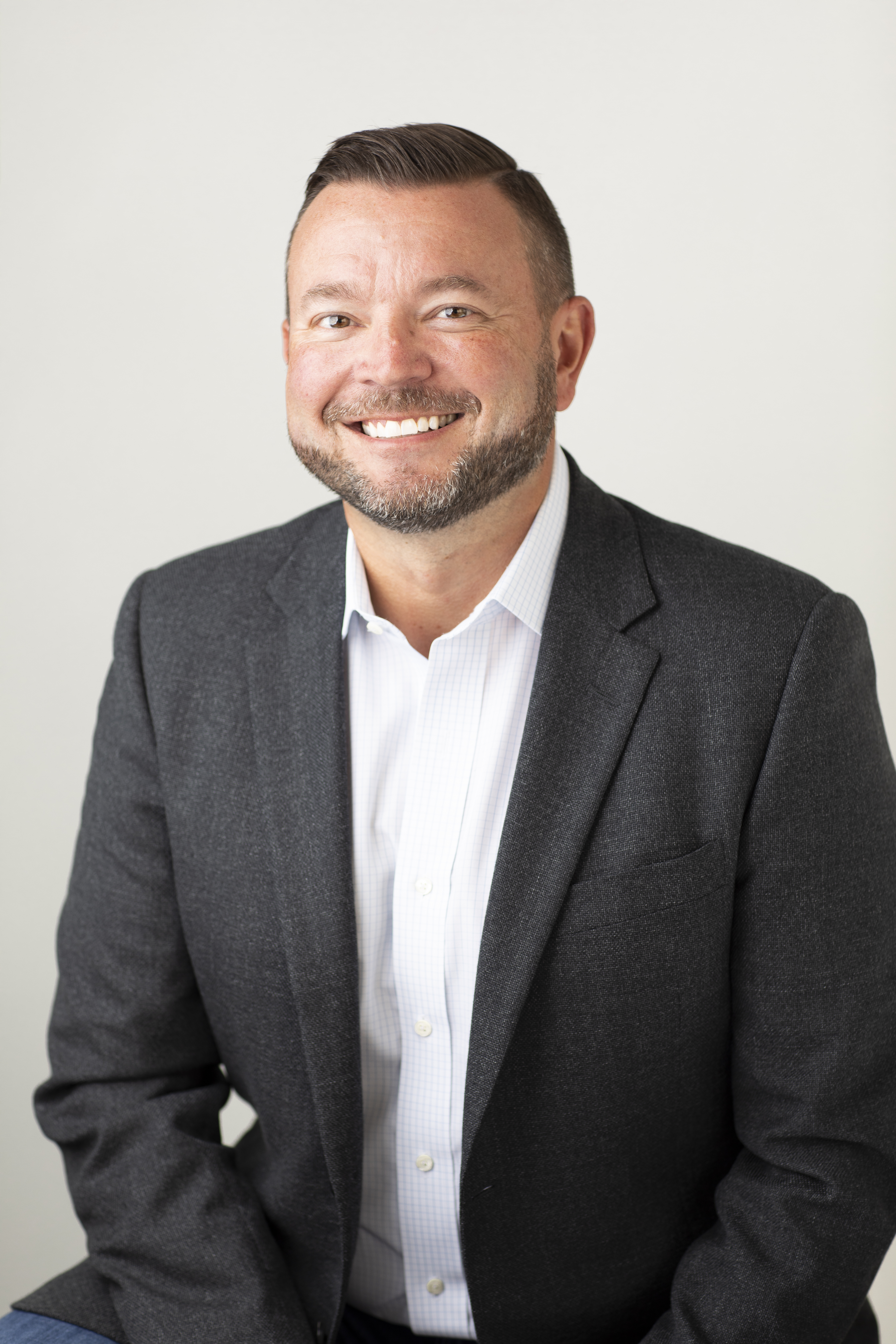 “Tim needs to listen more and stop talking over his classmates. While we appreciate his enthusiasm he needs to give the other kids a chance to participate, too.”
“Tim needs to listen more and stop talking over his classmates. While we appreciate his enthusiasm he needs to give the other kids a chance to participate, too.”
I’m not sure exactly when this started showing up in my report cards but I can certainly remember back to at least the 3rd grade. My hunch is that it’s been there even longer.
My Grandma Dorothy said it well in my blog a few weeks ago: “Always be available to listen. People will be drawn to you when you exhibit this wonderful quality.” So why is it that listening is so hard – especially for leaders – and yet produces so many positives?
As my friend and fellow CEO Shery Purkeypile says, “To lead, listen.” Shery is CEO of Allied Physicians of Michiana, a multi-specialty physician practice based in northern Indiana.
Shery continued, “Only in listening can we truly understand our environment. Listening opens horizons to leaders. It creates more pathways and these can help leaders make decisions and course corrections along a vision path that avoids the rocks of blind certainty.”
The rocks of blind certainty kind of jumped out at me. As a leader, how often have you found yourself blindly certain or as a favorite boss of mine used to say, blissfully ignorant? The problem is you don’t know what you don’t know.
I pushed back at Shery a little – hoping somehow (by not truly listening to her) that I could convince her of my point of view. “Don’t employees want to hear from the leader? They want to know how the organization is doing and what the master plan is, right?” I questioned her.
“Sure employees want to know what’s going on. They want to be confident that there is a direction and a plan, and will listen, at least initially. But, if they, themselves, do not feel heard, they will stop listening,” she pointed out.
“Most communication should be to us, as leaders, rather than from us. It is our job to gather insight and knowledge from those doing the work, balancing it with perspective derived from other staff, management, markets, regulators, and the like,” said Shery.
I like Shery. And I do believe she is a very good listener. I know this from experience. But even she will tell you she misses sometimes. In a recent conversation she said a colleague told her she could use less certainy and more curiousty. “Do I always listen? No. But when I do, I come away enriched by what I’ve learned,” added Shery.
I personally struggle with this a lot. One of my most dominant natural personality traits is that of a persuader. I’ve also been blessed with an ability to process a lot of information very quickly. Combine the two and you’ve got the perfect storm for poor listening habits. It’s how I’m wired which means I have to work really hard to overcome it. And as I’ve learned from my friend, executive coach Pat Frazier, when the pressure is on and the stakes are higher, it’s even more likely we revert to what comes naturally to us.
So how can we become better listeners? In researching this blog a bit, I found the following tips for being a better listener from a great blog post. I thought they were pretty good.
1.Don’t interrupt the speaker until he or she has finished. It sounds so simple, but how often do we talk over others?
2.Focus on what the speaker is saying both verbally and nonverbally. Listen to every word and their body language versus planning your next comment.
3.Use active listening skills to demonstrate your attentiveness. Lean in and maintain eye contact.
4.Be curious and not defensive. Recognize when your defense mechanisms are triggered try to remain calm and present so you fully understand the message.
5.Put aside your judgment in order to fully understand. Reserving judgment allows you to fully consider their ideas.
6.Use paraphrase to aid understanding and show you care. This ensures you fully understand and lets the speaker know you care about their point of view.
What’s The Risk?
If we don’t listen to our teams, trusted advisors, or the brave confidants who tell us the things we don’t want to hear? At a minimum, we can’t avoid our blind spots (and serious trouble).
“We’ve all had those times when we knew with absolute certainty that ours was THE right position. We argued our point. Relentlessly enumerating all the reasons why you’re wrong and I’m right, only to eventually learn we were in fact, completely and utterly wrong,” added Shery.
It also can have a powerful impact on the morale and general engagement of your workforce. Your people have a basic need to be heard. Plus you just might learn something.
“When we use ideas from across the organization, we are promoting a culture of creative thinking and employee engagement,” said Shery. “When an employee’s idea is used in a positive way by a leader, a strong bond of loyalty is built. This is provided, of course, that appropriate credit is given.”
“So Shery, let me make sure I heard you correctly,” I said as I leaned in. “You’re saying leading is really all about listening?”




